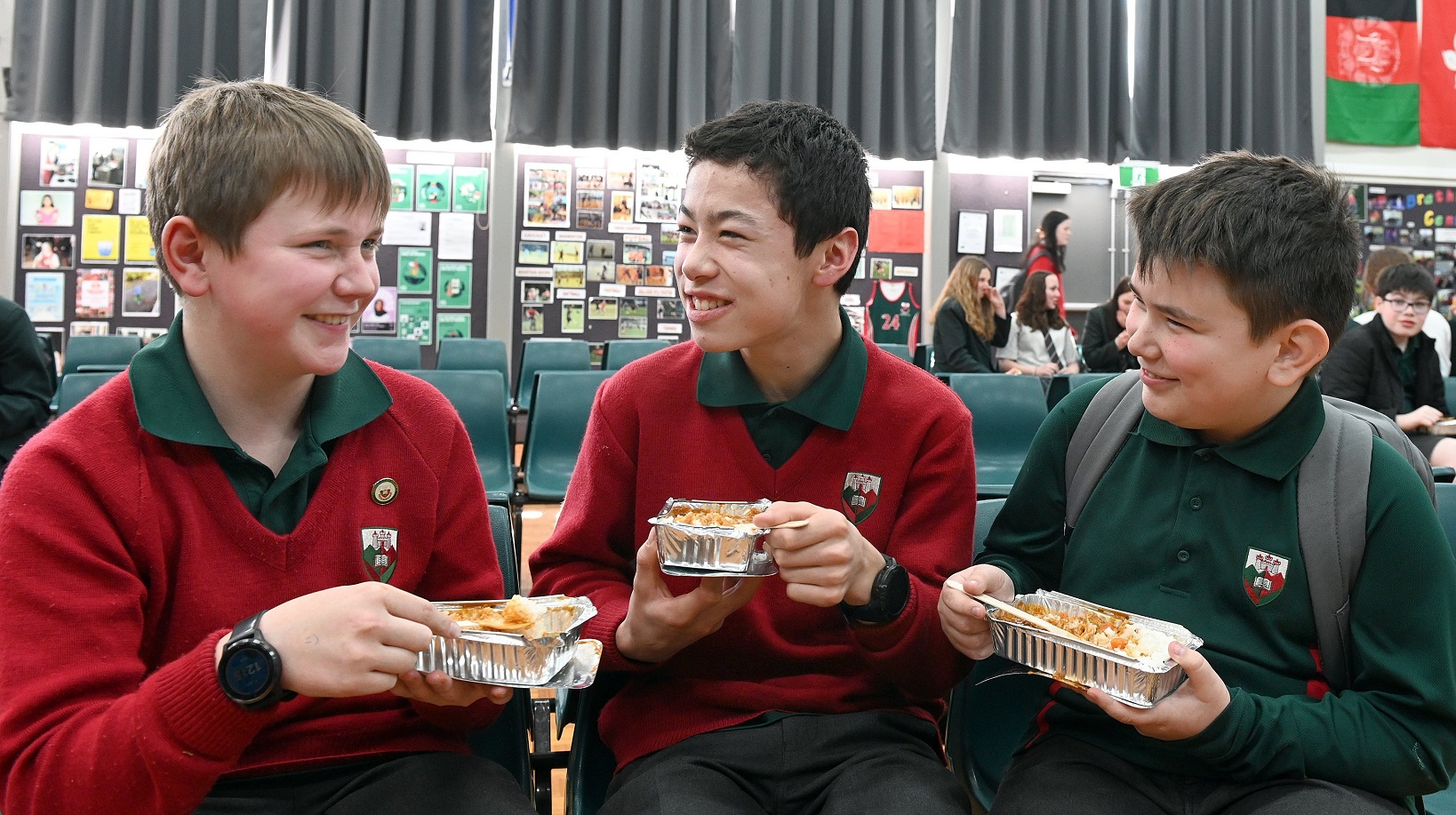
The Associate Minister of Education announced yesterday the government planned on saving $107 million from its budget restructure of the free lunches in schools programme Ka Ora, Ka Ako.
In the new version of the programme, primary school-aged pupils will receive the same lunches, but lunches for pupils year 7 and above will be bulk bought by the government and delivered to schools.
Pupils would receive nutritious food items "thousands of mums and dads put into lunchboxes every day", Mr Seymour said.
"Forget quinoa, couscous and hummus — it will be more like sandwiches and fruit."
When asked about food items such as sushi, he said "if you don’t get that sushi’s woke, then I don’t know how to wake you up".
Waitaki Girls’ High School principal Sarah Hay said Mr Seymour needed to make sure he was hearing the right voices when making decisions about the free lunches programme.
"Days when we have sandwiches, they’re not favourites for our students."
His comments about sushi being woke and that the government was simply introducing foods that were already in 75% of children’s lunchboxes were a "gross generalisation".
"That statement is only for some demographics and we live in a multicultural country."
Waitaki Girls’ received about 400 lunches each day that fed about 90% of the school’s roll.
They were made by a cook on site and catered for individual dietary requirements.
Ms Hay questioned if the new version of the programme would cater for pupils’ needs as well.
The programme was a game changer because it did not discriminate between rich and poor pupils, she said.
"For some, it is their only nutritional meal of the day.
"It meant every child has food.
"If there were any leftovers they could take it home with them as well."
The Labour Party claimed the lunches being retained as a win.
Labour education spokeswoman Jan Tinetti said Mr Seymour failed to get the sweeping cuts he wanted.
Taieri MP Ingrid Leary said the National government that campaigned on keeping school lunches was now setting up the programme to fail teenagers.
She was relieved Mr Seymour’s plan to cut lunches for the younger pupils was thrown out, and predicted the "mass-produced" lunches for teenagers would be thrown in bins.
Rural schools might have to serve lunches that had been frozen for a week, she said.
The restructure will begin in February next year.
Until then the programme will remain the same.
External suppliers will still be eligible to provide food for the programme.
An advisory committee with representatives from KidsCan, the Heart Foundation, Save the Children and Ryman Healthcare set up by the government will plan logistics, contracting and nutritional value in the meals provided.
The government is budgeting $3 per lunch.
The KickStart Breakfast and Fruit in Schools programmes will continue.












